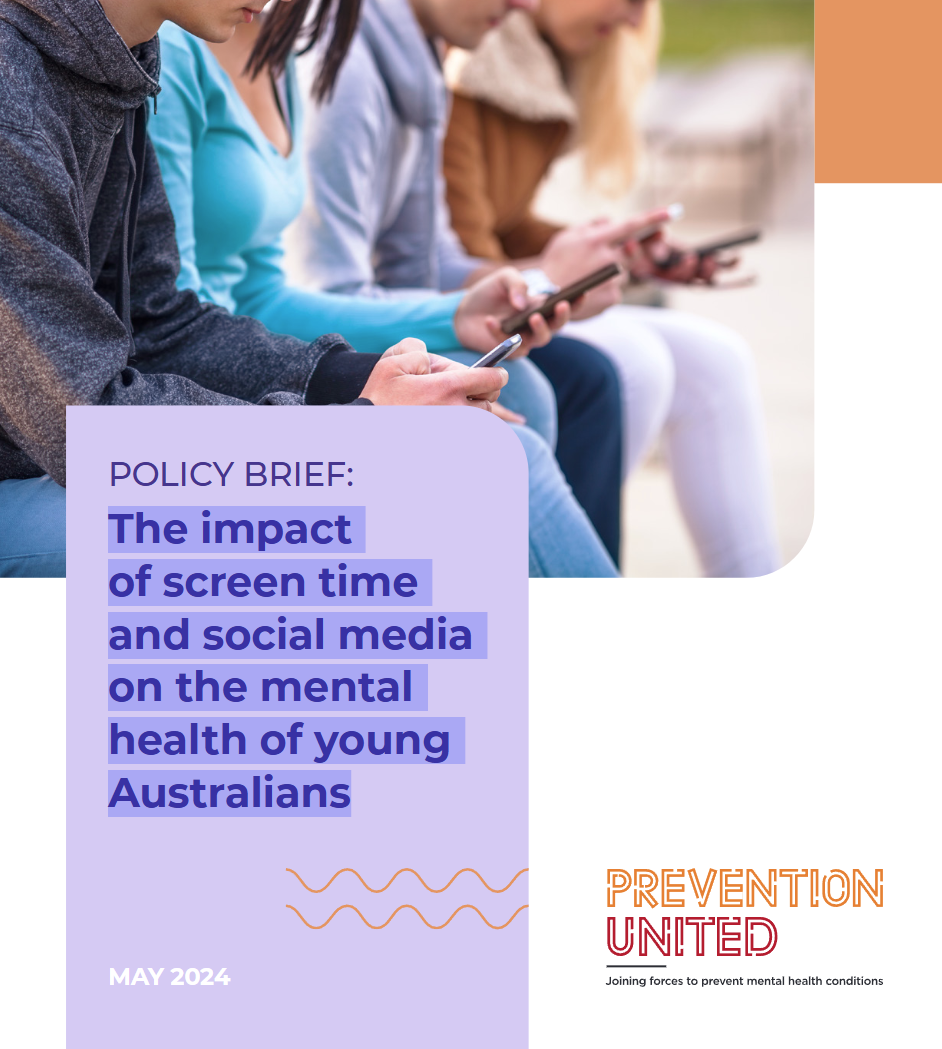
If I’m honest, I have a fairly negative view of social media, but this report about the impact of social media and screen time in young people shows that it is a more nuanced topic than it may appear in the public discourse.
This is my second recent post to mention Prevention United, an Australian organisation dedicated to the prevention of mental health conditions. In the last post I highlighted a youth survey they are running that you might be interested in.
In this one I wanted to draw your attention to one of their recent publications looking at the impact of screen time and social media on the mental health of young Australians.
This is somewhat a heated topic with strong opinions from both sides. I tend to come down on the side of social media being a net negative force, but that is my opinion and I don’t recommend basing your life choices on my opinions.
Instead, if you want a relatively readable assessment of the current state of evidence on this topic, consider taking a look at this report.
The policy brief “The Impact of Screen Time and Social Media on the Mental Health of Young Australians” explores the complex relationship between digital media use and youth mental health. It acknowledges a significant rise in mental health issues among young Australians, noting a 50% increase in depression, anxiety, and substance use disorders since 2007. The brief examines both the benefits and risks of social media, highlighting its potential for fostering connections, providing support, and promoting creativity. However, it also addresses concerns such as cyberbullying, addiction, and the negative effects of excessive screen time. The report underscores the need for nuanced, evidence-based policies and emphasizes the importance of involving young people in the development of solutions to ensure their relevance and effectiveness. Regulatory measures, education, and empowerment are recommended to mitigate risks while enhancing the positive aspects of social media use.
I don’t want to pre-empt your reaction to this report, but I come away from it a little more open-minded to the idea that we can find ways to helpfully embed social media in the lives of young people. It shifted my opinion. Maybe it will help you clarify yours.
If you’ve been able to develop a ‘healthy relationship’ with your mobile phone and social media, I’d love to hear more about it. How have you done that? What do you use your mobile phone and social media for primarily?


